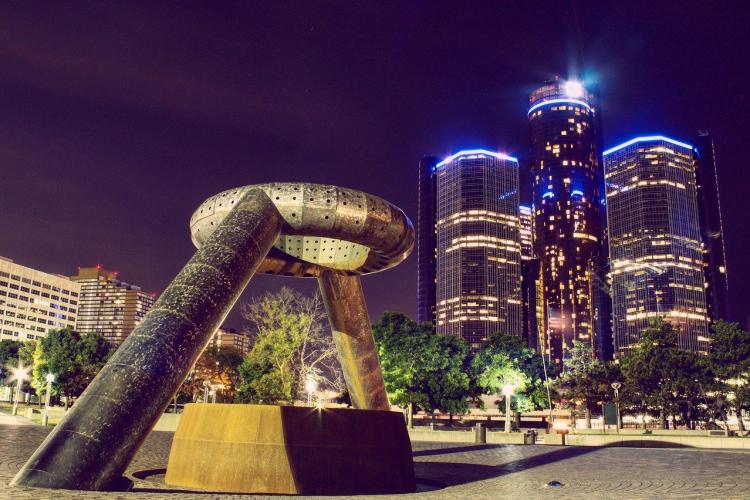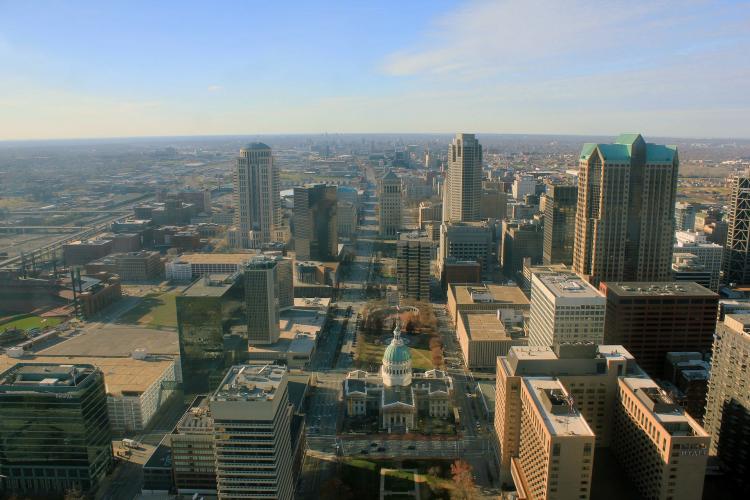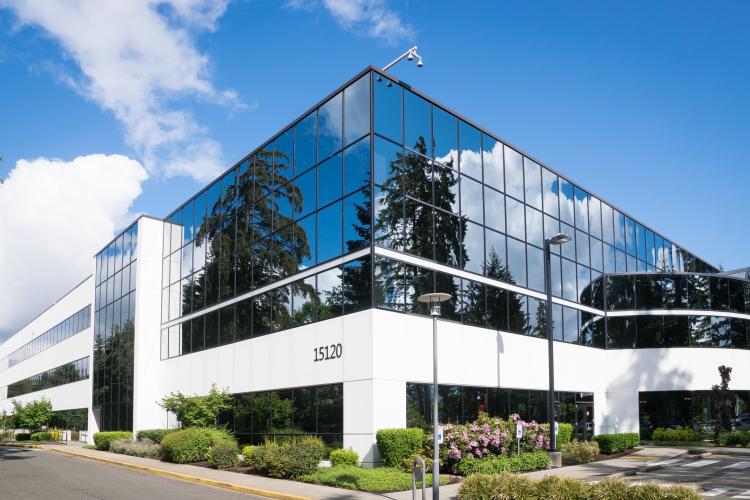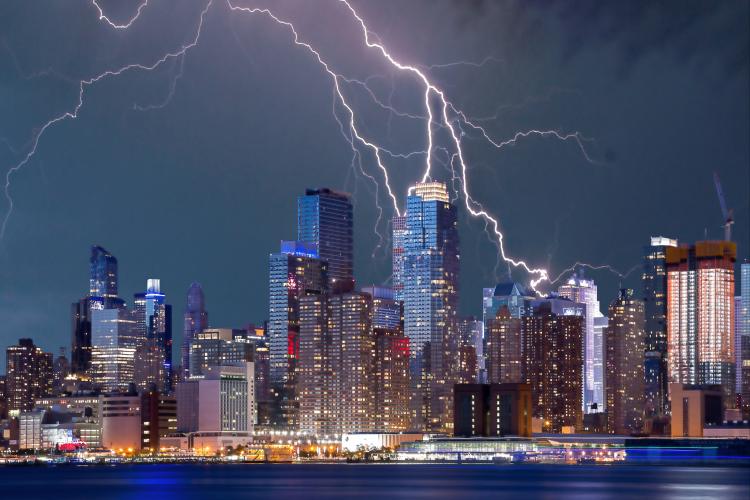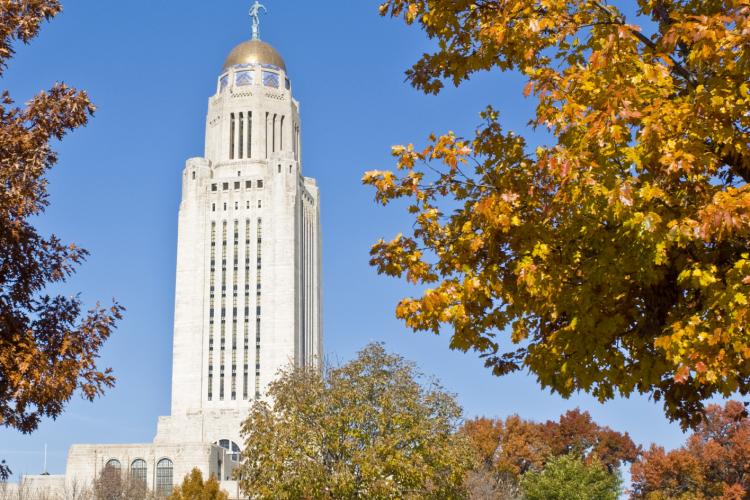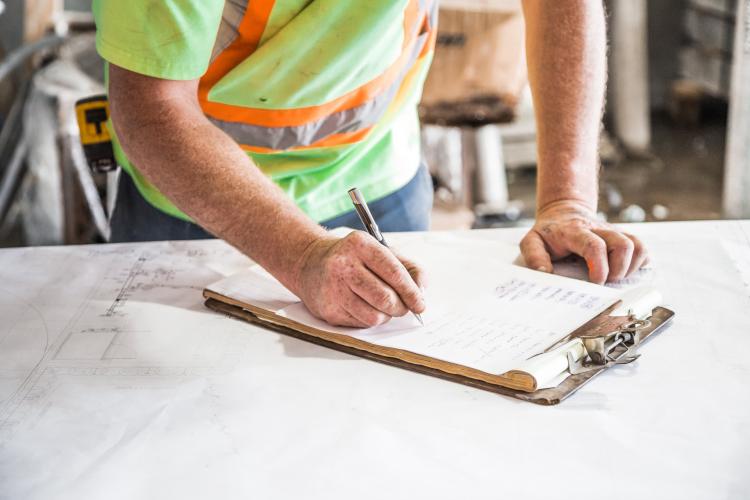Energy Benchmarking Heats Up in the Midwest
Summer is just getting into full swing, and across the country some communities are already roasting. Perhaps uncoincidentally, the process to adopt energy benchmarking policies is also heating up. Because buildings contribute to a large portion of greenhouse gas emissions, benchmarking policies are often part of city and state energy and climate plans. By tracking reliable and consistent energy consumption data, these policies can enable better decision-making around building energy use and reduce greenhouse gas emissions that contribute to climate change.
